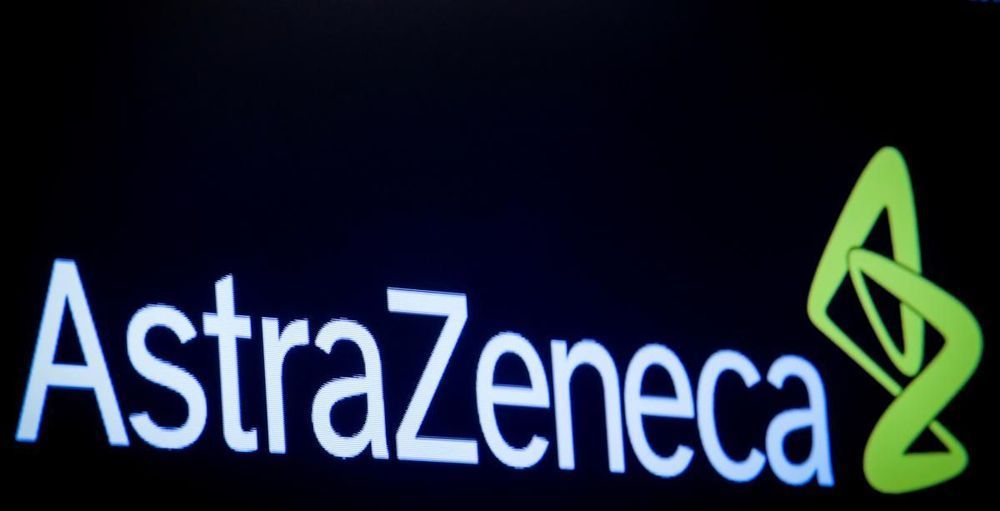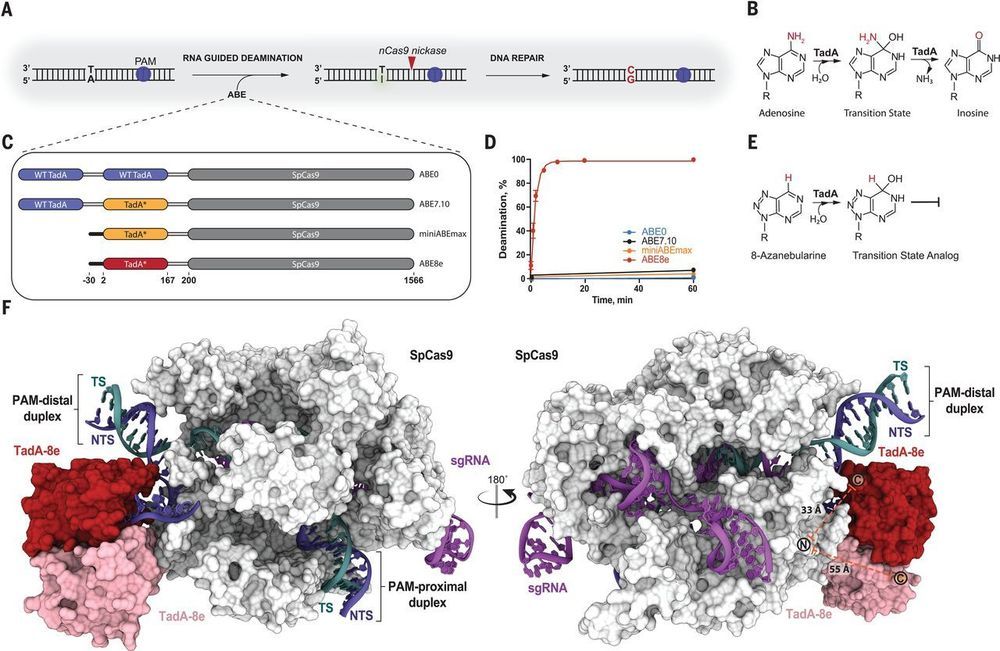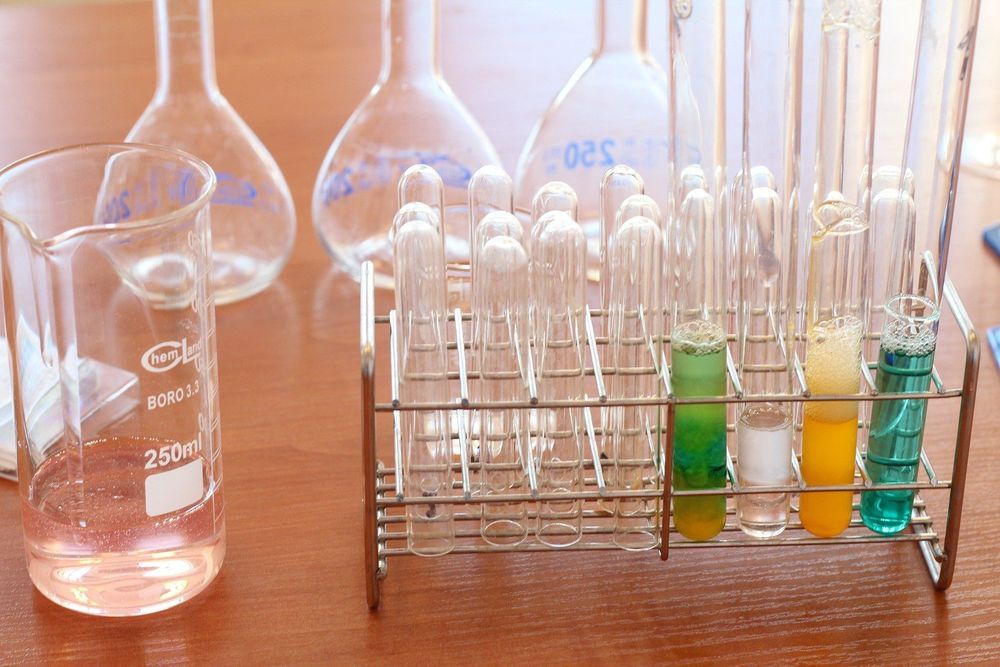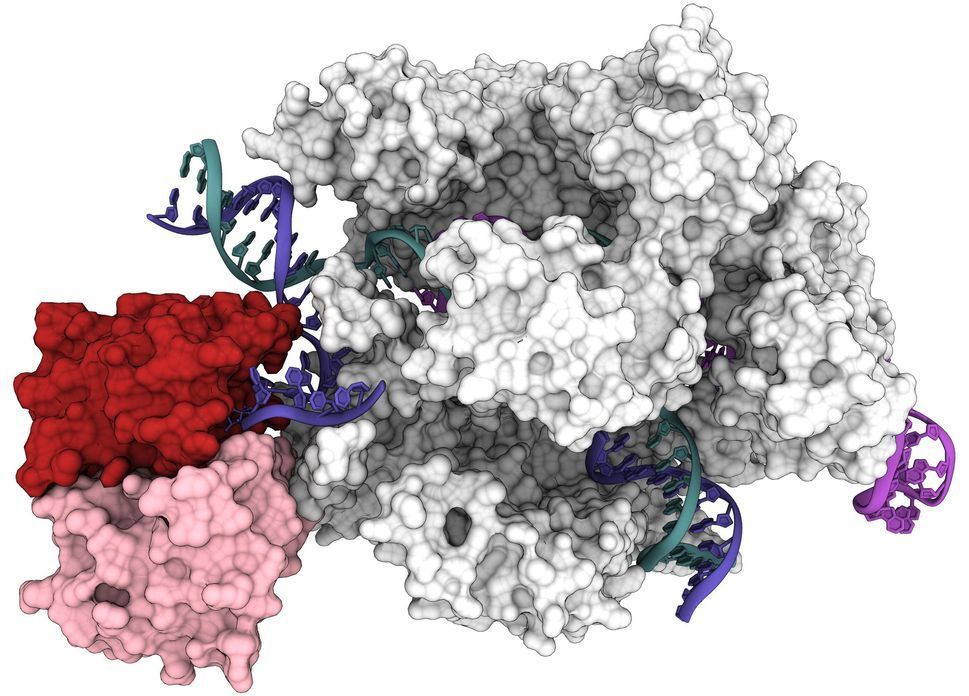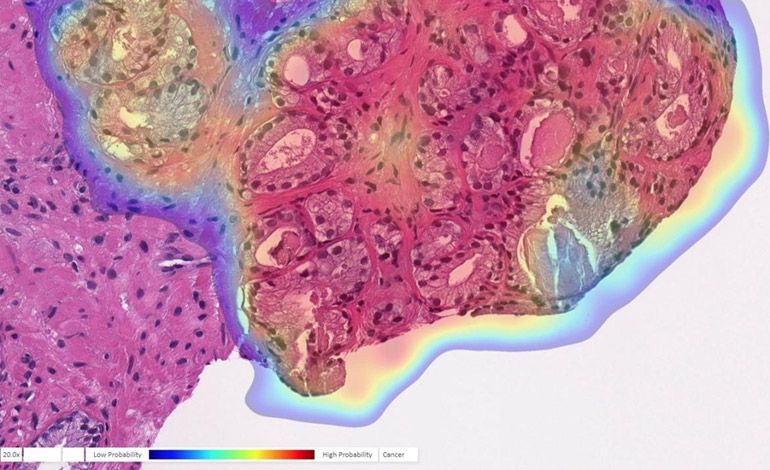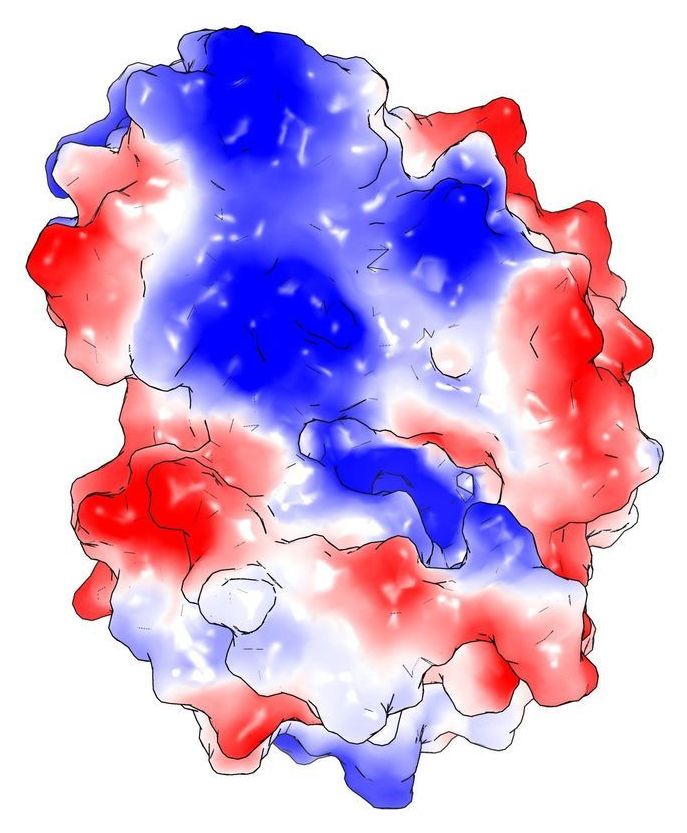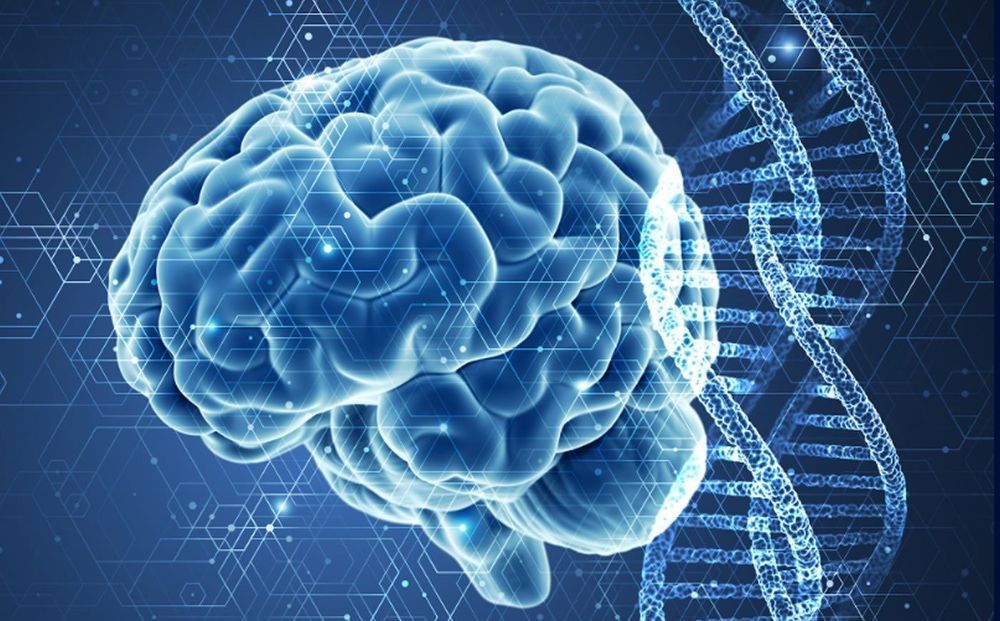Jul 30, 2020
Exclusive: Chinese-backed hackers targeted COVID-19 vaccine firm Moderna
Posted by Omuterema Akhahenda in categories: biotech/medical, cybercrime/malcode, government
More from 2020 “The Movie”
Chinese government-linked hackers targeted biotech company Moderna Inc, a leading U.S.-based coronavirus vaccine research developer, earlier this year in a bid to steal valuable data, according to a U.S. security official tracking Chinese hacking activity.
WASHINGTON (Reuters) — Chinese government-linked hackers targeted biotech company Moderna Inc, a leading U.S.-based coronavirus vaccine research developer, earlier this year in a bid to steal valuable data, according to a U.S. security official tracking Chinese hacking activity.

